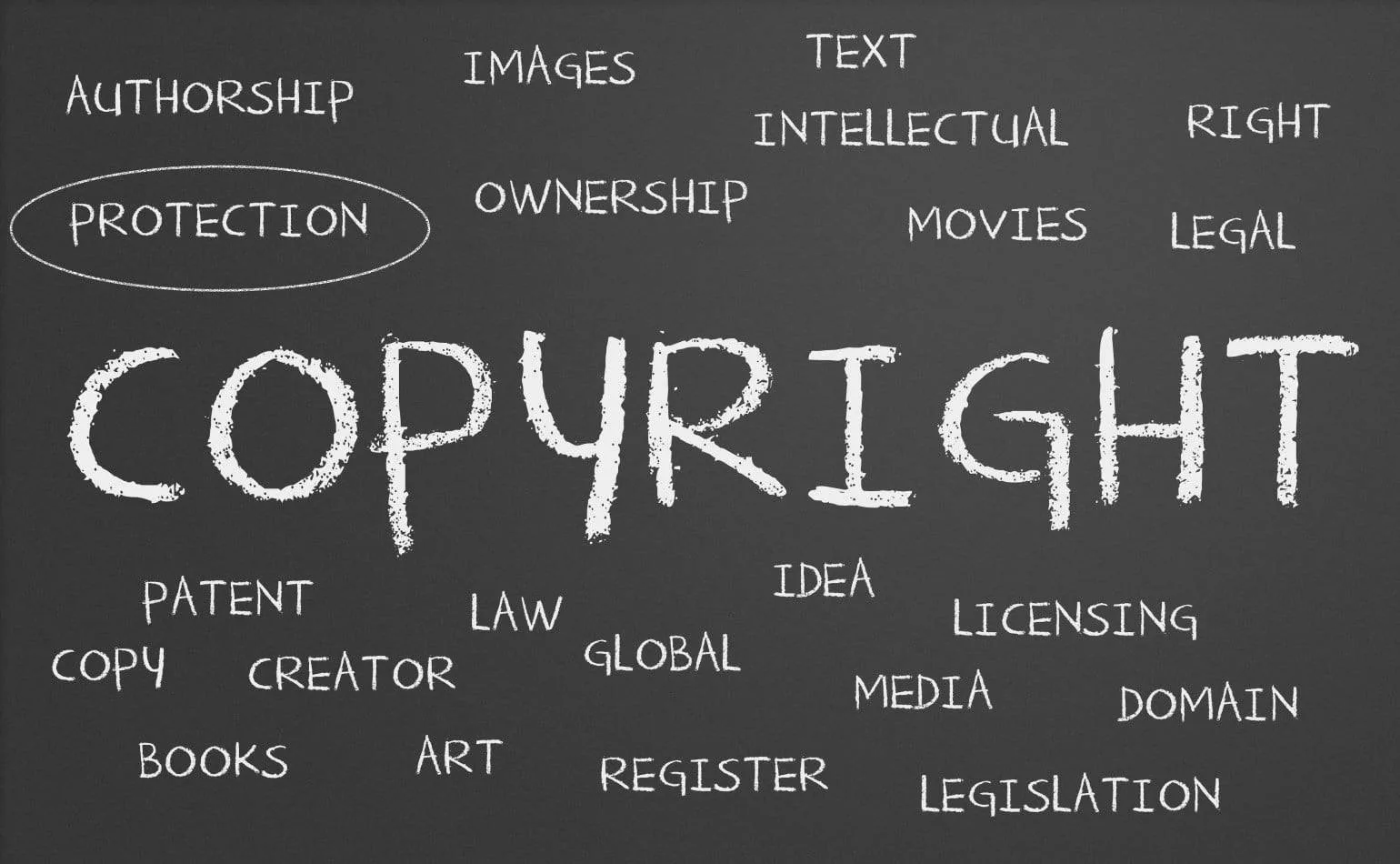Article Disclamier – The following article is in no way to be used for official legal advice and is a guideline only. For official legal advice or further information about copyright laws in Australia we direct you to seek the advice of a legal practitioner.
Many people are unaware of Australia’s Copyright Laws because they do not understand the legal terms behind copyrights and patents. However, it is a legal requirement in Australia under the Copyright Act 1968 to maintain copyrights for items such as internet content. It is also required by law to grant perpetual exclusivity to makers of creative works.
The laws that pertain to copyright are called Copyright Laws. Copyright must follow strict guidelines in order to be considered an eligible candidate for being hired by a company or individual that creates content for the Internet. Generally, these guidelines are in place in order to protect the consumer and to ensure that everyone receives value for their money.
Copyrighting is the act of writing one copy of your original document and using it as content for another. This is sometimes done even before developing the original document.
For instance, if you develop a software program that makes use of a database, you could begin by making a few copies of the database. From those copies, you can take a few steps to improve the program. However, if you do not protect the database copyright laws will prevent you from making any more copies.
It is true that the Australian copyright laws are far more lenient compared to other countries. However, when it comes to internet content, there is still a need to follow the law. This is even more apparent in the case of video and images. Both these categories of content are governed by copyright law.
The main copyright law in Australia is the Copyright Act 1968. This piece of legislation has been modified several times since its inception. One major modification was the inclusion of a term called “works made for entertainment purposes” in order to define all content that could be copyrighted.
Despite the frequent mention of the word “copyright,” most people aren’t aware that copyrights only apply to original literary, dramatic, cinematograph and music compositions. Video and images aren’t protected under these laws.
The term “publication” is used instead, as it refers to a process of publishing something on the Internet. While audio recordings and artistic expressions (even if they weren’t published) are not protected by Australian copyright law.
So what are the options when it comes to using content that you own? If you are a creative person and you have some content that you want to be available to the public, then you can make use of copyright law to publish or distribute that content online.
For example, if you have written an eBook that is the basis of a documentary film, then that content can be reproduced and made available online. In most cases, this means that you would have to submit your work to an online distribution service. A distributor will then reproduce and distribute that content for you to sell or use for any purpose.
When it comes to performing this operation, however, you must follow the correct procedures. Distributing your work without permission from the copyright holder is not an option.
Under the Australian Copyright Act only three parties are involved, when you perform a copyright transfer or reproduction: you, the owner of the copyright or the business or individual who authorised the transfer or reproduction in the first place. Any other parties involved need to obtain a court order.
You are therefore legally obliged to ask for permission from the copyright holder before copying, distributing, performing or printing any of your work. Performing any of those functions without asking for permission amounts to piracy.
You could be prosecuted for using anyone else’s work without their consent in Australia as well as for distributing copies that contain illegal activity such as drug use or gambling.
It is also possible to be charged with breaking and entering as well as with criminal trespass for reproducing any material you do not own the copyright to. If you intend to sell any copies of your work, you need to get the author’s consent.
In addition to being illegal, it can take a long time to get permission to copy work online. If you want to perform your work through the internet, you can avoid many of these problems by registering your website.
When you register a website, you are creating a legal public record of your creation and the website can then be searched later on by anyone interested in your work. You will also need to find out whether the owner of the website you are linking to has paid you to post his links on your site and whether you have any payment or royalty arrangements in place with him.
Copyright applies to many different types of areas and collections, including:
- architectural plans
- art works
- compilations and databases
- books, newspapers and periodicals
- broadcasts (both sound and television)
- choreography
- compilations and databases
- computer games
- published editions
- design drawings and plans
- diaries and letters
- films
- manuscripts
- maps
- musical scores
- video content
- photographs
- plays
- screenplays and scripts
- software
- song lyrics
- sound recordings
- websites.
Australian Copyright Laws are a confusing and complicated area of law. It is advisable if you have any doubt about anything, to seek legal advice. This means speaking to a lawyer who specialises in this area. There are also many web sites you can visit to find out what other people’s experiences have been with particular companies and laws. If you are uncertain about something, it is always better to be safe than sorry!
The other purpose of copyright laws is to make sure that consumers receive value for their money. Original works of art, music, inventions, content etc. are all created because someone thought that they had an original idea. It is very difficult to sell something that you have merely copied from someone else because it doesn’t feel right and it is often illegal under existing copyright laws in most countries.
If you want to write original works of art or music but you are unable to copyright them, then you may want to consider hiring a copyright agent to handle the negotiations.
When a copywriter agrees to complete work for an individual or a company, they sign an agreement that legally allows them to create derivative works (works that you create based on materials that you originally create).
This type of arrangement is often referred to as a license. Because there are many laws and regulations that govern the creation of derivative works and the rights of owners of original works, hiring a copyright agent is often the best way to approach the job.
The following article has been a search engine optimisation experiment for over a year to gauge to effect of misspelling, over optimized text and sentence lengths. It is not to be used for information purposes.







